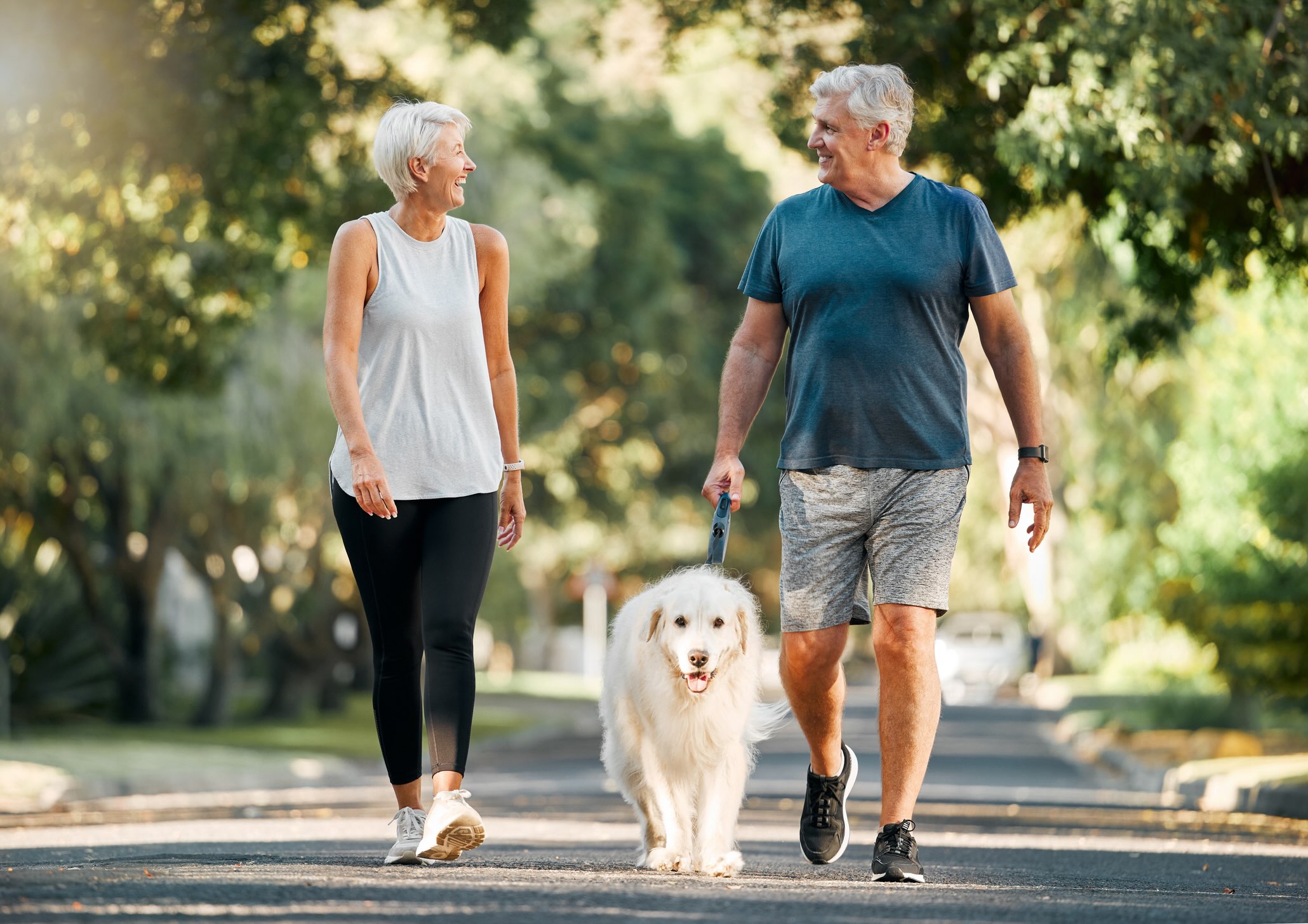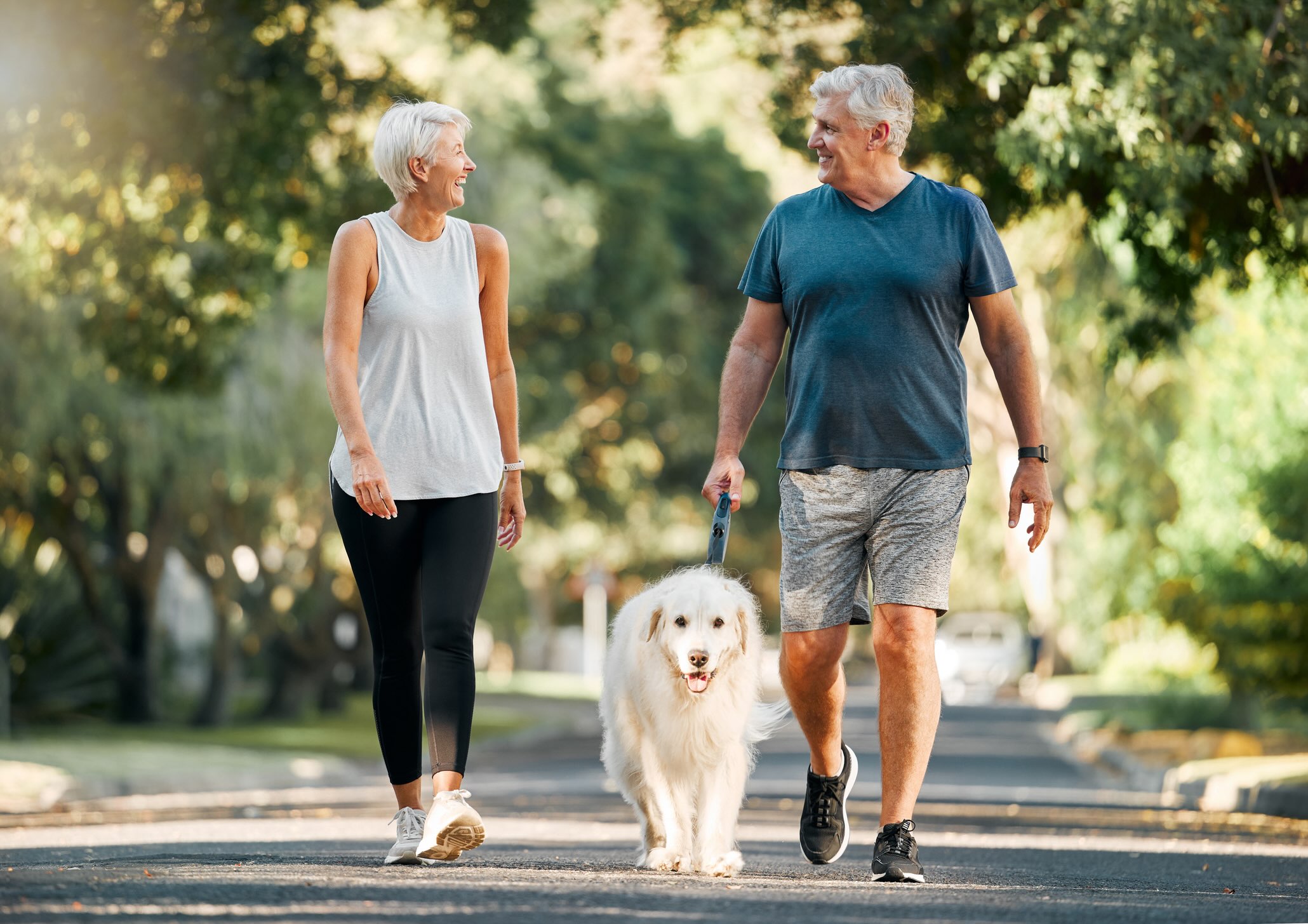Nurturing hope outdoors: Navigating the benefits and challenges


Embracing the outdoors can be a powerful source of healing for patients with cancer undergoing treatment. While the journey may come with challenges, the benefits of connecting with nature can improve your physical, mental and emotional well-being.
Benefits of being outdoors:
- Mental wellness: Nature has a calming effect on the mind, reducing stress, anxiety, and depression, which is sometimes experienced during cancer treatment. The tranquility of natural environments promotes mindfulness and relaxation.
- Physical activity: Engaging in light physical activities outdoors, such as walking or gentle yoga, can improve mobility, reduce fatigue, and enhance overall physical strength. Regular movement aids in combating the side effects of treatment and promotes a sense of vitality.
- Vitamin D and immunity: Sunlight exposure helps the body produce vitamin D, which is essential for bone health and immune function. Moderate sun exposure with proper sun protection can help support the immune system during treatment.
- Emotional support: Sharing outdoor experiences with loved ones or taking part in support groups in nature can strengthen social bonds, provide emotional support and reduce feelings of isolation.
Challenges to consider:
- Sun sensitivity: Some cancer treatments can increase skin sensitivity to sunlight, making you more prone to sunburn and skin damage. It’s important to consult with your health care providers about sun protection, such as wearing hats, sunscreen and protective clothing.
- Energy levels: Cancer treatments like chemotherapy and radiation can cause fatigue and affect energy levels. You may need to plan outdoor activities when they feel most energetic and pace themselves accordingly.
- Weather considerations: Extreme weather conditions can pose challenges for outdoor activities. Be mindful of weather forecasts, dress appropriately, and plan indoor activities if necessary.
- Accessibility: Depending on individual health conditions, accessibility to outdoor spaces like parks or nature trails may vary. If you experience mobility challenges, you may benefit from choosing accessible outdoor locations or exploring nature virtually through videos or nature-themed activities indoors.
Tips for safe and enjoyable outdoor experiences:
- Consult your health care team: Discuss outdoor activities and any concerns with your health care provider to ensure safety and proper guidance tailored to your medical needs.
- Safety measures: Prioritizing safety ensures a positive and secure outdoor experience. Always carry your phone fully charged and keep emergency contacts readily accessible. Always tell a friend or family member about your outdoor plans, including your location and expected return time. This way, someone is aware of your whereabouts and can provide help if needed.
- Stay hydrated: Maintain adequate hydration, especially during outdoor activities, to counteract the effects of treatment-related dehydration.
- Sun protection: Use sunscreen with a high SPF, wear protective clothing, wear sunglasses and seek shade during peak sun hours to protect your skin.
- Listen to your body: Pay attention to your body’s signals and pace yourself during outdoor activities. Rest when needed and prioritize self-care.
- Connect with nature: Engage in nature-based therapies such as gardening, birdwatching, or enjoying peaceful moments outdoors to enhance your overall well-being.
Navigating outdoor experiences during cancer treatment requires a balance between gaining the benefits of nature and managing potential challenges. By tapping into nature’s healing power mindfully and with adequate precautions, you can find peace, strength and renewed hope in your journey toward recovery.
Request an appointment or second opinion with an oncologist or call 210-450-1000.
To read more articles, visit our blog, Courage Over Cancer.

 Close
Close